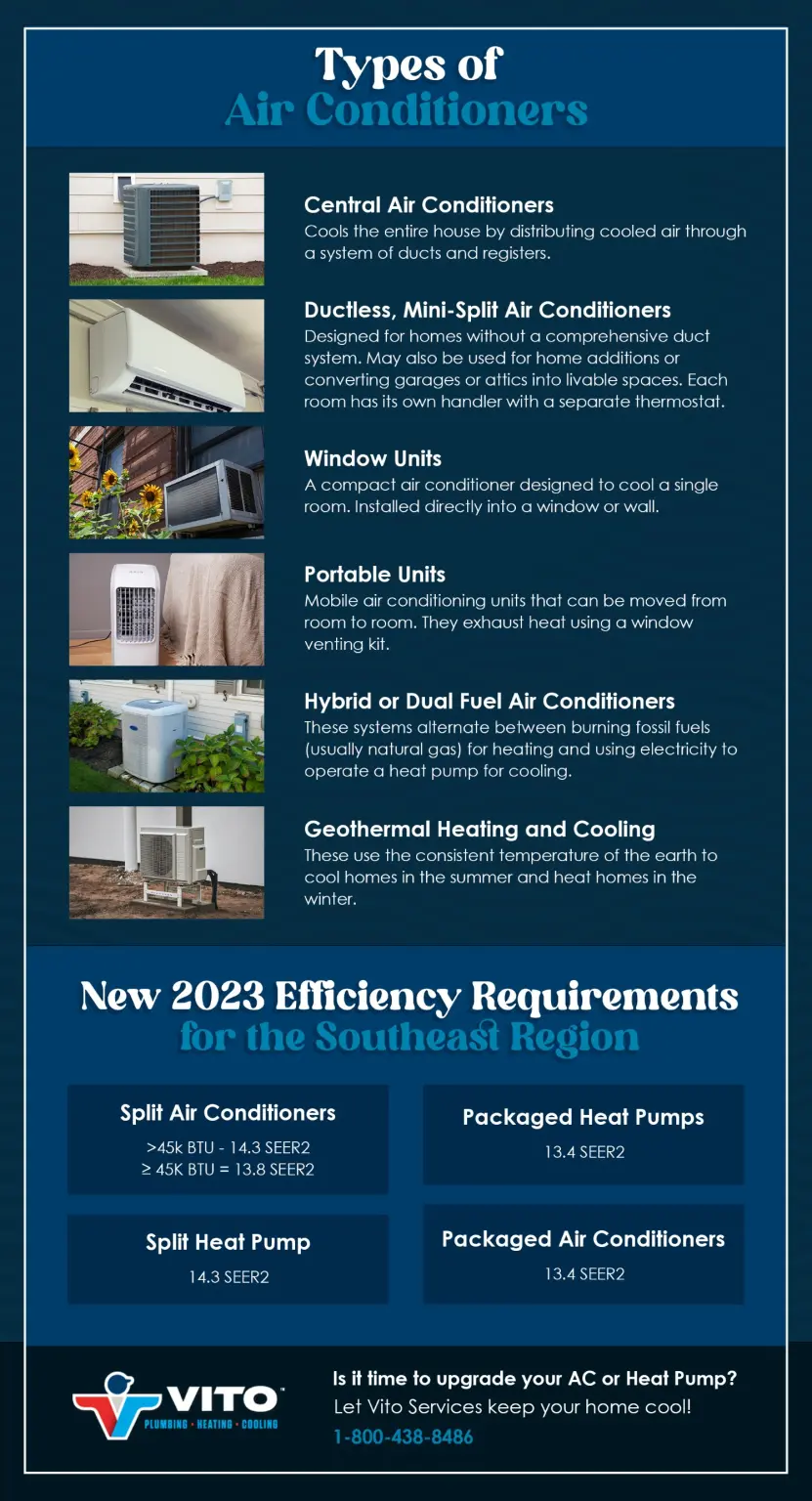
Summers in the greater Washington D.C. area are no joke – they're hot, humid and demand some serious air conditioning. People are often forced to choose between comfort and high bills, and not everyone in a household may be in lockstep on what the best temperature is for daytime or nighttime.
Although there's not much we can do about internal disputes about thermostat settings, there are some suggestions we can offer to help minimize air leaks, reduce temperature transference and maintain the efficiency of your home's air conditioner.
SCHEDULE REGULAR AIR CONDITIONER OR HEAT PUMP MAINTENANCE
A surprising number of people don't keep up with regularly scheduled HVAC maintenance visits. People are busy, and it's easy to lose track of time or just forget to schedule in the spring or fall before cooling and heating season begin in earnest.
There are a handful of things you can do yourself, like change the filter and make sure the exterior unit is free of debris, but most aspects of a maintenance check and tune up need to be performed by a properly trained HVAC professional. Scheduling at least annual tune-ups is the best way to make sure your air conditioner continues functioning at peak efficiency for the life of the unit.
INVEST IN A PROGRAMMABLE THERMOSTAT
When it's sweltering outside, it's tempting to crank the AC and transform your home into an icebox. Unfortunately, that's a surefire way to get a sky-high energy bill. Programmable thermostats are one of the best ways to avoid the need for that kind of rapid AC temperature change.
Programmable thermostats allow you to set a higher temperature when you're not at home and cool down the house before you return, preventing the need for rapid temperature changes.
According to the U.S. Department of Energy, turning your thermostat back seven to 10 degrees for eight hours a day can save you up to 10 percent a year on heating and cooling bills. Consider leaving the air conditioner off while you're at work and programming it to turn on as you begin your commute home.
USE CEILING FANS
There's a common misconception that ceiling fans can help keep your home cooler – they can't. They also don't need to. They harness what's known as the wind chill effect, which essentially means it circulates air across your skin and evaporates the heat and sweat that envelops your body. Even though the room's temperature technically hasn't changed, you will definitely feel cooler. As a rule of thumb, sitting under a ceiling fan at the appropriate setting can make you feel four degrees cooler, meaning a room that's 80 degrees will feel like 76 degrees.
SEAL LEAKS
There are a surprisingly diverse array of potential draft and air leak sources in the average home. Windows and doors can have faulty weatherstripping or gaps and ducts can have leaks, especially at seams and corners – even power outlets in walls might be letting conditioned air out. Use weatherstripping or caulk to seal any leaks and consider consulting with a window or door replacement company to find out if it makes sense to replace low-quality windows and doors with ones that offer higher insulation values. It may also be in your best interest to consult with an HVAC company that works with ductwork to find out if there are potential improvements to be made.
OPTIMIZE YOUR WINDOWS
During the day, close your curtains or blinds to block the sun's rays. If it's cooler at night, consider opening your windows to let the cool air in and give your AC unit a break.
DON'T HEAT YOUR HOME WITH APPLIANCES
On hot days, avoid using the oven. Instead, cook on the stove, use a microwave oven or grill outside. Similarly, try to use the dishwasher and clothes dryer in the evening when it's cooler. Even seemingly small devices like computers, gaming systems and televisions can output a significant amount of waste heat, so if you're looking for focused ways to reduce the temperature in specific rooms, consider turning off some appliances.
UPGRADE YOUR AC UNIT
If your unit is more than 10 years old and is frequently in need of repairs, it might be time for an upgrade. New units are more energy-efficient, which means they can cool your home better and at a lower cost. Look for models with a high Seasonal Energy Efficiency Ratio (SEER). These units are the most efficient and will save you the most money in the long run.

OPTIMIZING YOUR HOME'S ENERGY USAGE
Summers in the D.C. area can be brutal, but your energy bill doesn't have to be. With these tips, you can keep your home cool without breaking the bank. If you need help with maintenance, repairs or installing a new AC unit, don't hesitate to reach out to our experts at Vito Services. Serving Rockville, MD and the greater D.C. area, we're here to ensure you have a cool, comfortable and cost-effective summer.
Take the first step toward a more efficient home cooling system today by calling 301-315-6100 to schedule air conditioner maintenance or a free installation or system replacement estimate.








